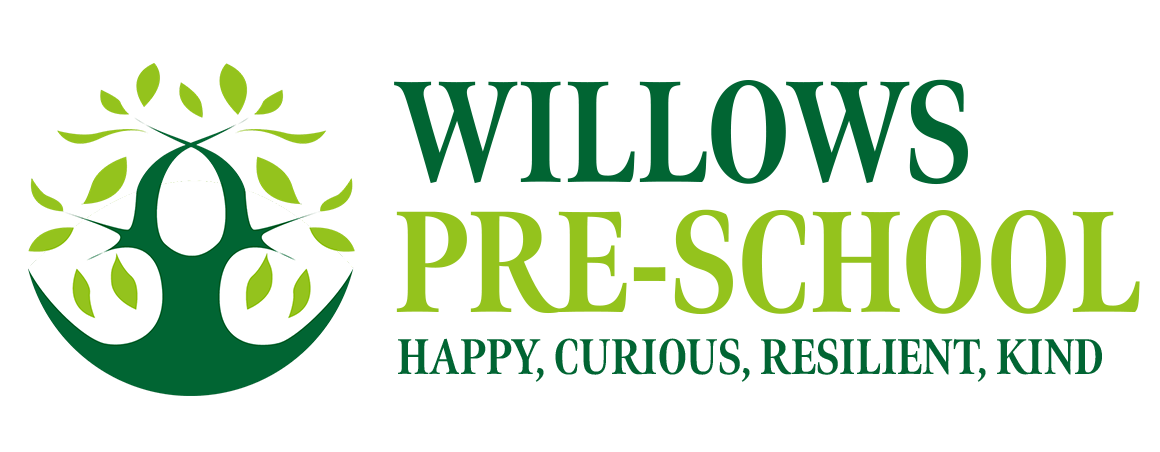Written By Ildiko
The early years of childhood are a highly significant stage in terms of speech and language development. It lays the foundation of all areas of EYFS. Speech and language development includes the ability to listen, understand and communicate verbally and non-verbally. Being able to talk and listen, enable a child to build relationships and communicate their feelings and interest.
Here are some ways how we support in our Baby Room the children`s communication and language skills:
Singing
In our Baby Room, we have regular Singing Sessions where the babies can get familiar with a good selection of traditional and modern nursery rhymes and songs. To make this time more enjoyable and interactive we have a Singing Box with a range of puppets and a pack of flashcards to let them make their own choices. Singing can help children to develop an understanding of different sounds. They can learn new words and phrases to extend their vocabulary and explore rhythm, pitch, and tone and develop their listening skills. The rhyme and alliteration in the songs can be developing children’s phonological awareness.
Books and stories
In our setting, we intend to make the most of reading books together. We have a comfortable, cozy story corner with a nice selection of pictures and story books. We also have dedicated story time while all practitioners aim to bring books to life and make story time a fun, interactive, and special time of day. When we bring books to life, we are helping children to listen and focus, understand words have meanings, build their vocabulary, and become imaginative. We can further support this by talking about the illustrations, characters, and ending of the book.
As well as reading books, we also make up stories. We can use our props such as puppets, soft toys, pictures, and our little puppet theatre. We can even encourage the children to join in.
Added to all this, we make photo books of the babies during their activities, trips to the nursery, and of their family from home. It also supports their PSED and UW development as they can recognise themselves or their special people from the photos. These books help them to feel homier and to settle in the nursery better.
Walks
We make time to get out and about, away from the setting, as we plan monthly 2 walking trips for our babies. It’s valuable for children to have a change of environment as this can spark conversations and interests. We can talk about what they see, encouraging them to recognise and name different objects, animals or plants. We always take photos to put on our display board in the room to look back at and to recall their experiences.
Role-play and pretending games
Our role-play area offers opportunities for the babies to replay simple everyday activities and use their imagination. They can pretend to be a parent to look after a baby (doll play), or prepare food and washing up dishes in the toy kitchen. When children participate in role-play, they copy and practice the words they have heard others saying, which ultimately develops their vocabulary and language skills.
Display
All around in our room and garden, we use pictures and photos which can catch the babies’ interest and indicate conversations about colours, animals, or shapes. The babies can see their own works on one of our boars which helps us to talk more about our weekly topic and also shows the children how much we appreciate their efforts.





